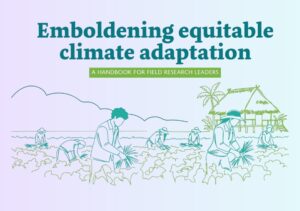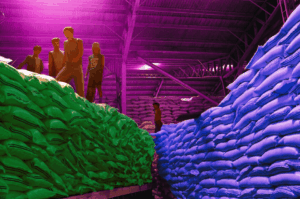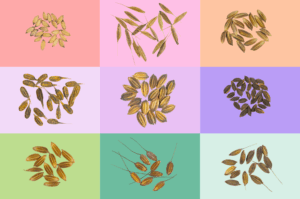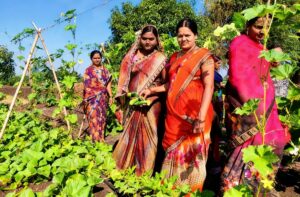The Japanese International Cooperation Agency is providing 1,500 small-scale rice farmers in nine Nigerian states with certified seeds, fertilizers, and pesticides to help boost their agricultural production.
The country’s agriculture ministry will work closely with key stakeholders and the farmers to monitor the distribution and utilization of the inputs in the pilot states.
The aid also aims to support government efforts in reducing the impact of COVID-19 in the country.
Read the full story at Nairametrics
More on rice production in Africa
Rice Technology Transfer Systems: A driving force for the development of rice production across Asia and Africa
The goal of the Workshop, which ran from 2002-2018, was to share relevant information, extend applicable components of Korean agriculture and technology that participants can apply in their home countries, and build the capacity of the participants for enhancing the agro-industry technology transfer system. Among other things, it also aimed to improve technology promotion and delivery of knowledge and skills to participants through various interactive and participatory learning methods. This workshop has attracted researchers, agriculturists, agricultural research officers, extension practitioners, and provincial seed coordinators in their respective organizations and institutions from different Asian and African countries. These include Bangladesh, Cambodia, India, Indonesia, Laos, Mongolia, Myanmar, the Philippines, Sri Lanka, South Korea, Thailand, Vietnam, Côte d’Ivoire, and Nigeria.
Creating value together in Africa’s rice sector
As the conventional technology transfer approach does not address the complex issues of agricultural development, the rice component adopted the multi-stakeholder innovation platform approach, in which value chain actors are part of the information-sharing and decision-making process and benefit financially. Technologies can be scaled out comparatively easily if we create the right environment by bringing together technological, biophysical, and institutional factors; soft skills; technical expertise; products; and services.
RiceAdvice: An app tailor-made for African farmers
Traditionally, farmers have made decisions on the farm based on their own experience and knowledge. To enable them to be more efficient and reduce risks in farming, the recent revolution in information and communication technology has made it possible to develop decision-support tools that can guide them to make informed decisions to improve their production and increase their productivity. One such smart mobile app is RiceAdvice, a science-backed crop management decision-support tool developed by the Africa Rice Center. This app generates tailor-made recommendations—based on site-specific information—that help African farmers in irrigated and relatively favorable rainfed lowland areas apply mineral fertilizer more efficiently so that they can optimize production and profits and reduce waste.










